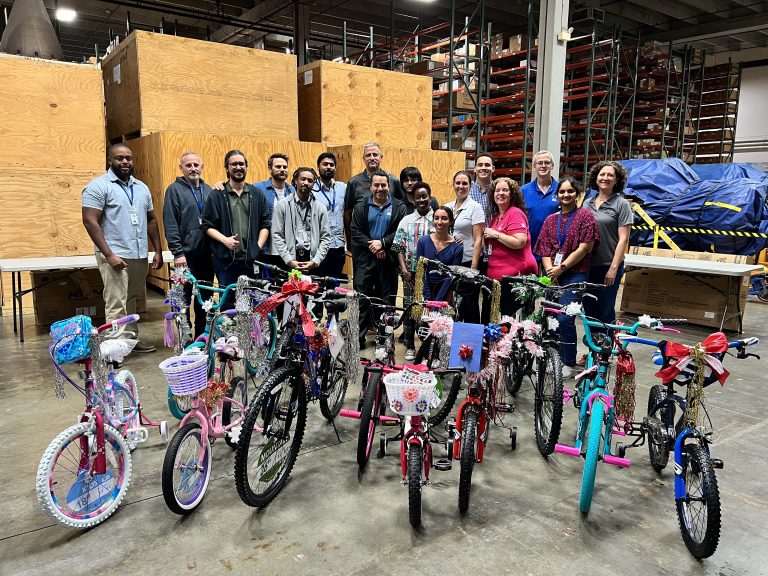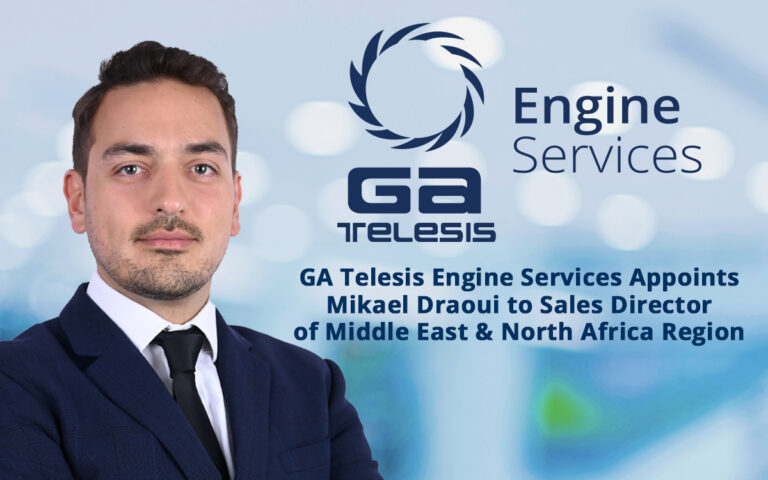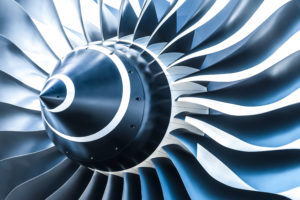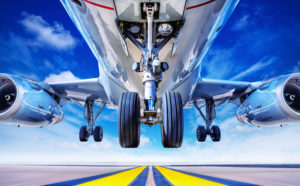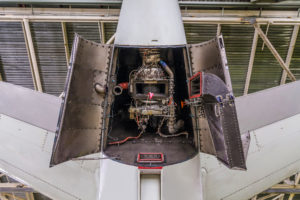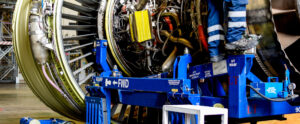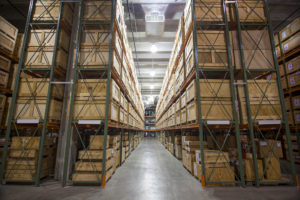
Experience: There is No Substitute / By Marc Cho
Author: gatelesis
I have been fortunate to work with some amazing professionals across a spectrum of institutions over the first 20 years of my career in aviation. While it is cliché to say there is no substitute for experience, I have come to appreciate that adage even more since joining GA Telesis.
Over the past five years, it has become very evident that investor interest in the aviation sector has never been stronger and new capital continues to enter the market, attempting to find every conceivable way to gain exposure and “go long” on the sector. In fact, aviation investing has recently been classified as an investment class. However, I think many new entrants learn sooner than later that aircraft leasing and finance is a complex asset class, with frustrating realities, which to be fair, can also lead to lucrative opportunities. But let’s be clear, aviation assets are depreciating assets that are often commoditized by investors seeking yield opportunities. Regardless, unlike real estate, as any industry veteran knows, simple concepts such as novating a lease to a new lessor may seem simple enough, but can often be the most time-consuming aspect of an aircraft asset transaction. That is just one basic example of the complexities of aircraft leasing that one comes to appreciate and anticipate with experience, but one where GA Telesis has gained the intrinsic knowledge needed to be successful.
At GA Telesis we use the most robust analytics and methods when making our investment decisions. These are critical to approaching any asset class, but conventional investment analytics do not necessarily translate very well to aviation. For example, regression analysis (while helpful in sectors with robust, accurate data sets harvested over decades and multiple cycles can be predictive) would not apply well to aircraft values. In fact, not at all. Trying to predict future aircraft values by looking back at the last 15 – 20 years of “values” whether appraised or actual, is not a great indicator of future used aircraft values, especially for any single aircraft. GA Telesis knows that there are many variables that influence achievable residual value and that relying on conventional analytics or academic valuations, while potentially a reasonable factor to support an investment thesis, is probably an insufficient rationale to validate an aircraft acquisition. Additionally, simply applying industry trends, such as a strong outlook for passenger growth, doesn’t necessarily mean that any or all aircraft will have strong investment characteristics. As I constantly remind my team, a rising tide may lift all boats, but a leaking ship will still sink to the bottom.
It can be quite tempting to apply successful methods from other investment classes or sectors to “crack the code” on aircraft investments. It has become very trendy to be the disruptor in any industry and aviation is no stranger to the triumphs and failures of the best-laid business plans or investment strategies. In my opinion, the best correlation to success is the depth of transactional and industry experience combined with top-notch expertise and well-orchestrated execution. Understanding the vagaries of our industry such as airline operational practices, lender preferences, geographic biases, and OEM behavior is essential to the success of any aviation investment plan. The expert understanding of these variables are ever-present within the GA Telesis Ecosystem.
That is why now after 20 years in this industry, I am so excited to have the privilege to be part of a truly unique company that has such a depth of experience across a broad spectrum of disciplines in the aviation industry. Something unique and not easily imitated; that’s the GA Telesis Ecosystem. Successful investing at its finest.


